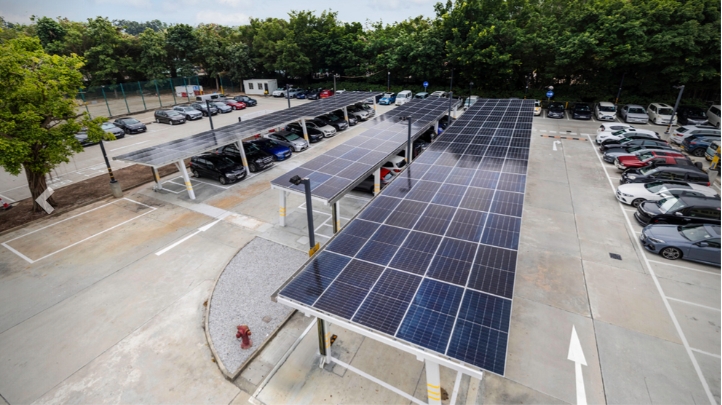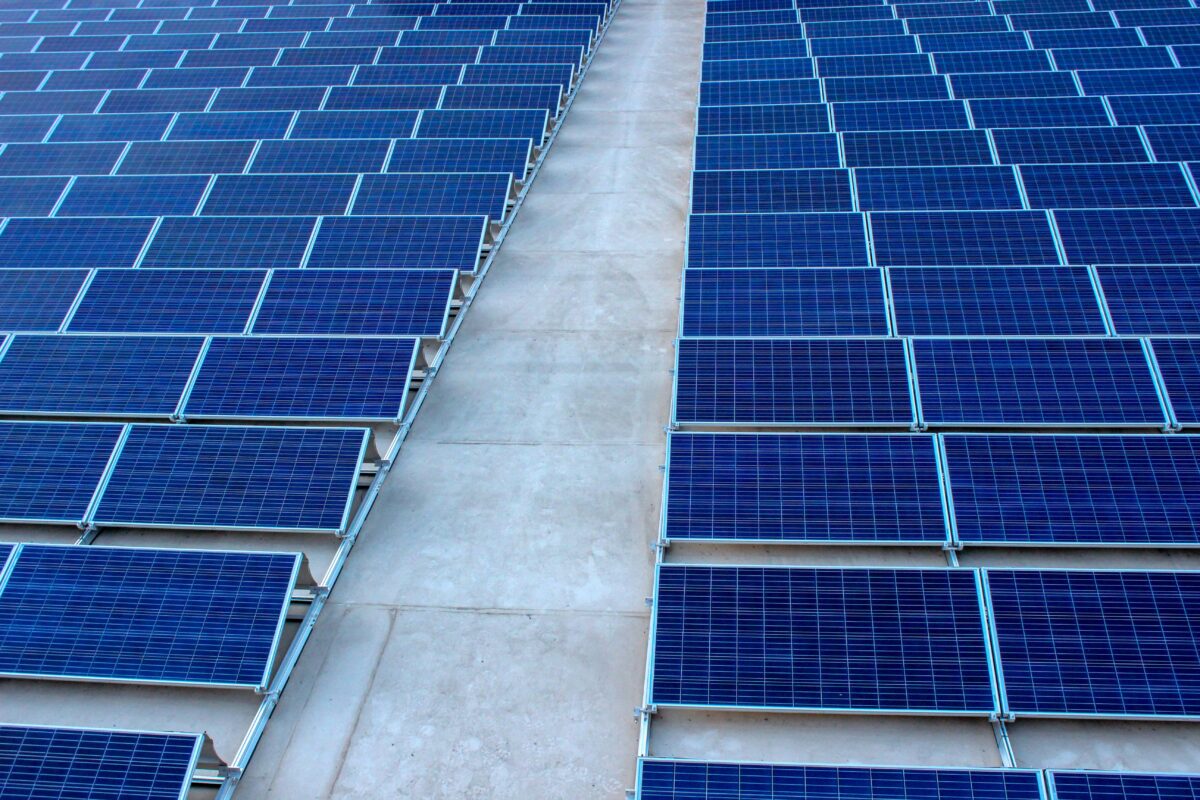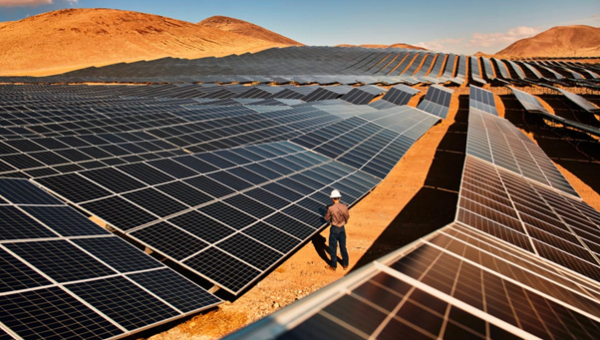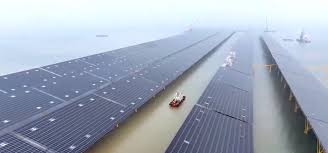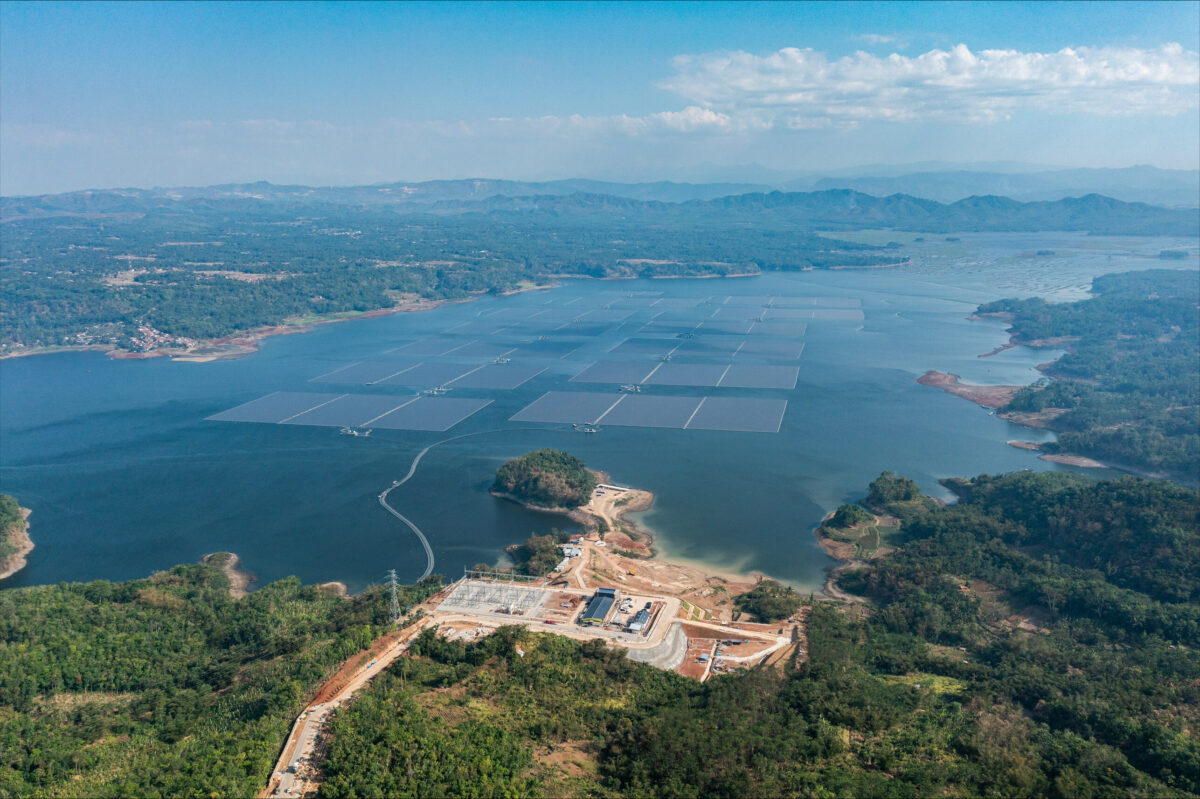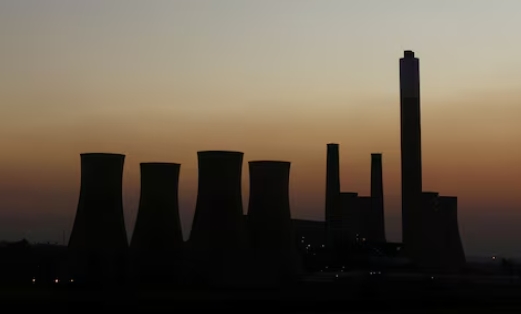
The retired coal-fired Komati Power Station, operated by Eskom, is seen near Komati village, in the Mpumalanga province in South Africa, May 9, 2024.
The government is grappling with a delicate balance between reducing its carbon footprint and providing electricity to one of the most advanced economies in the world, which has been affected by prolonged power cuts. Eskom, South Africa’s power utility, operates a fleet of old coal-fired plants that generate a significant portion of the country’s electricity. To grant exemptions for eight of its power stations, the environment minister stated that Eskom must strengthen its monitoring, employ environmental health specialists, and establish mobile health clinics.
The exemptions for these plants are capped at five years, with six of them expiring on April 1, 2030. The remaining two plants, Duvha and Matla, will be exempted until their decommissioning dates in 2034. Eskom has expressed a commitment to addressing the negative societal impacts on health and the environment, as the utility continues to push forward despite being one of the continent’s worst polluters.
The operation of these aging plants, many of which are over 30 years old, has been a contentious issue due to decades of economically damaging power cuts and a backlog of maintenance needs. Eskom has previously noted that retrofitting its plants with new technology to reduce harmful emissions is prohibitively expensive.
Early this month, a 10-year study by the South African Medical Research Council and Britain’s Department for International Development revealed a concerning trend: people living near coal-fired power stations, particularly in Mpumalanga province, have a 6% higher mortality rate compared to others in South Africa. The report also found elevated rates of birth defects, cardiovascular, and lung diseases in communities near these facilities, recommending the phased退出 of coal-fired plants.
"We want enough electricity to grow our economy, and we want clean, breathable air," the environment minister said. "It is completely unacceptable when our children have problems with their lungs, and babies are born with cleft palates."
This situation highlights the ongoing challenge of balancing emission reduction targets with the need to maintain reliable electricity supply in South Africa. The health impacts of coal-fired power stations are a stark reminder of the urgent need to transition away from this fossil fuel source.
